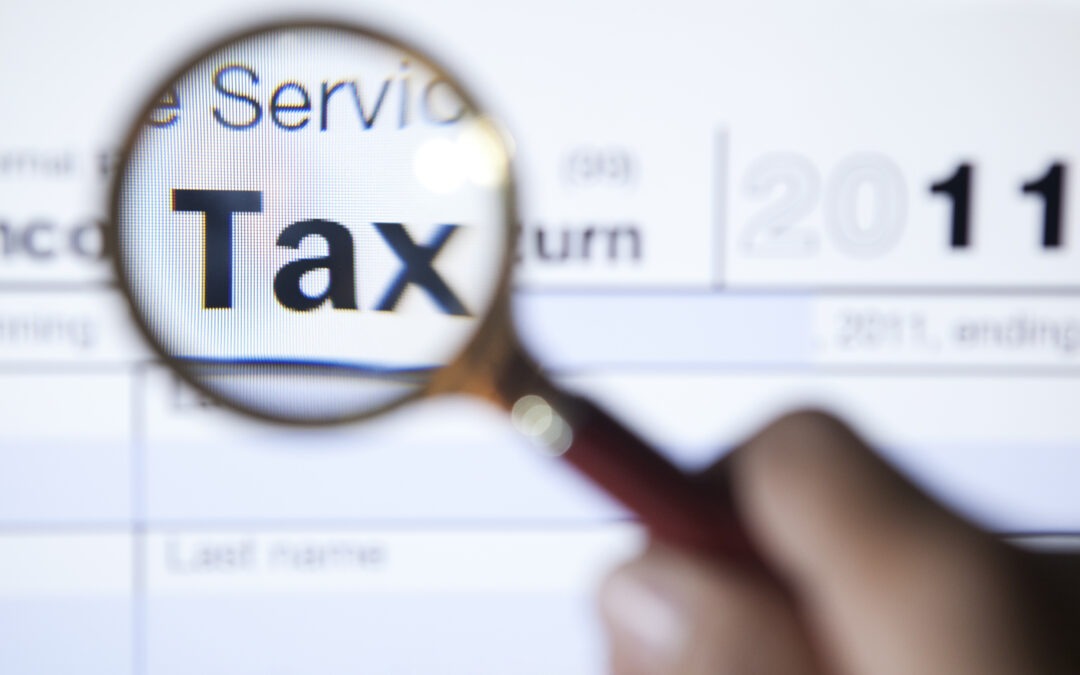How to Register for UK Self Assessment
Why bother with registration?
Should you Register for UK Self Assessment, most people instantly think tax hassle. But for the self-employed, side-hustlers, or directors, knowing how to register for Self Assessment UK is one of the smartest moves you can make.
Registering isn’t just about paying tax. It helps you take control of your finances, avoid HMRC penalties, and even access valuable reliefs. Being proactive now saves future stress — and money.
Want to make your finances easier? Check out our Budget and Cash Flow Calculators to plan your year ahead.
What does “how to register for self assessment UK” actually mean?
If you’ve never filed a Self Assessment return before, you must first register with HMRC. This process tells HMRC who you are, and ensures they know you’ll be sending a tax return.
Here’s how it works:
- Confirm you have untaxed income: self-employment, freelance work, property rent, dividends, or side-income.
- Register online using the GOV.UK Self Assessment registration service
- HMRC sends you a Unique Taxpayer Reference (UTR) and activation code for your Government Gateway account.
From that point on, you’re ready to file your annual return online.
Still not sure if registration applies to you? Read our guide to Self Assessment tax returns at https://www.ihatenumbers.co.uk/self-assessment-tax-returns/ for clarity before you start.
Why registering early is a benefit
Many people only register when HMRC chases them. But getting ahead gives you four key benefits.
1. You avoid penalties
If you miss the registration deadline — 5 October after the end of the tax year — you could face fines. Registering early gives HMRC time to issue your UTR before you need to file. Check out HMRC’s key dates .
2. You gain control
Registering early means you can access your digital tax account, track what you owe, and plan payments. Pair this with digital accounting tools such as Xero or our Digital Accounting blogs to make life even easier.
3. You can claim reliefs
Registering ensures you can record and claim tax reliefs for pension contributions, business mileage, or home-working expenses. For creative professionals, that could mean claiming on your equipment, studio costs, or training.
4. You can plan your cash flow
Once registered, you’ll know your tax deadlines, expected payments, and how much to set aside. You can even forecast this using our free Profit and Cash Flow Calculator at .
Step-by-step guide: how to register for self assessment UK
Step 1: Check if you need to register
You need to register if you:
- Work for yourself (self-employed, sole trader, or freelancer).
- Earn more than £1,000 from side gigs, teaching, or digital content.
- Receive rental income or dividends not taxed at source.
Learn more via GOV.UK’s Self Assessment guide: .
Step 2: Register online
Go to GOV.UK: Register for Self Assessment ) and follow the instructions. You’ll need your National Insurance number, contact details, and income information.
Step 3: Get your UTR
Once registered, HMRC will send your Unique Taxpayer Reference (UTR) within 10 working days (21 if overseas). Keep it safe — you’ll need it to log in and file.
Step 4 – Set up your online account
Use your UTR to create a Government Gateway account at . You’ll then have access to your digital tax account — a single dashboard showing what you owe and when.
Step 5 – Keep records and plan ahead
Keep your income and expense records, invoices, receipts, and statements organised. It’s much easier if you use digital tools like Xero or our free resources
Common registration mistakes
Even confident business owners get tripped up. Here are frequent errors:
- Late registration: missing the 5 October deadline and waiting too long for your UTR.
- Assuming small income doesn’t count: even £1,000 of freelance or rental income can trigger Self Assessment.
- Forgetting records: HMRC can ask for evidence years later.
- Assuming registration equals a tax bill: some register purely to declare income or claim relief.
- H2: Why this matters for creatives and small businesses
If you run a creative business, social enterprise, or side hustle, Self Assessment isn’t optional — it’s essential.
Registering early helps you manage cash flow, claim valid expenses, and avoid HMRC stress. It also supports your long-term growth. We dive deeper into this on our I Hate Numbers podcast at .
Want to get confident with your finances? Our best selling book, I Hate Numbers , breaks down everything you need to know — in plain English.
Take action today
If you think you might need to register — don’t delay.
Ask yourself:
- Have I earned any untaxed income?
- Do I freelance, rent property, or receive dividends?
- Have I crossed the £1,000 self-employment threshold?
If yes, go ahead and register via GOV.UK () now.
Need help setting up, keeping records, or planning your tax payments? Book a free discovery call at and get friendly, expert guidance from our team.
Plan It, Do It, & Profit!
The golden rule is simple — always plan before acting.
A few minutes of number checking can save hundreds in tax each year.
Need help with your tax return and taxes ?
Want to make your setup more tax-efficient?
👉 Book a call today with I Hate Numbers to make sure your lending arrangements are both smart and compliant.
Book a FREE 15 min Zoom to see how we can help! Let us simplify your systems.
Explore our podcast here
Learn more on our blog
Plan it, Do it, & PROFIT!
